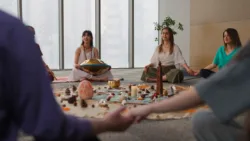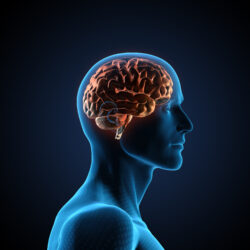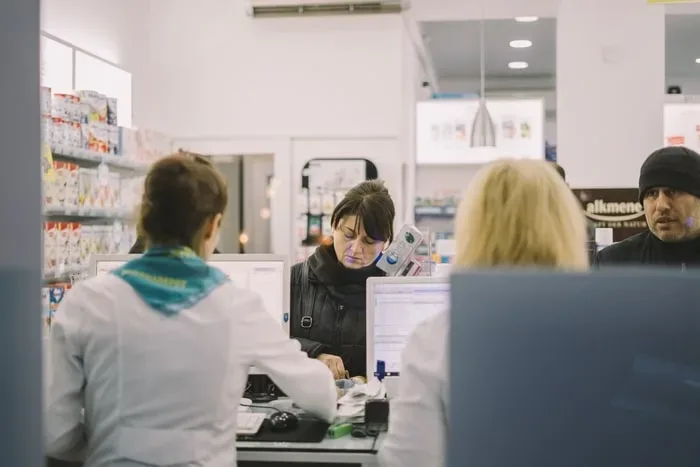What Is a Partial Hospitalization Program (PHP) for Mental Health?

Reviewed by Jodi Jaspan, MS, LPC
Partial Hospitalization is a structured mental health treatment program that runs for several hours each day, three to five days per week. Clients participate in the scheduled treatment sessions during the day and return home at night.
This program is a step down from 24 hour care in a psychiatric hospital setting (inpatient treatment). It can also be used to prevent the need for an inpatient hospital stay.
How to Know if Partial Hospitalization Is Needed
When you decide to seek treatment for a mental health condition, it can be difficult to navigate the different levels of care. Generally, the first step is to receive a formal evaluation from a mental health professional; the evaluation will help determine which program is right for you or your loved one. Partial Hospitalization Programs (PHP) are designed for individuals who meet the following criteria:
- Difficulty functioning at work, school, or other occupations
- Not at risk of harming self or others
- Medically stable
- Has adequate support at home
- Motivated to participate in treatment
- Experiencing co-occurring mental health and substance use disorders
What to Expect from Partial Hospitalization
A typical day consists of individual and group therapy, psychoeducation, skill-building practice, and periodic evaluations. A licensed mental health professional conducts all of these. If medication is needed, you will meet with a staff psychiatrist for medication management. There may also be family therapy sessions in the program. Building a support system is important for recovery, so many programs will involve a client’s family in the treatment plan.
Lunch is usually served at the program, but you will likely be responsible for your other meals. Some treatment centers provide transportation to and from the program.
Scheduling and programming depend on the treatment facility, but most centers use a variety of therapeutic techniques. From traditional therapies such as Cognitive Behavioral Therapy, to alternative methods like trauma sensitive yoga, there are many different treatment options available.
If you are considering PHP for your child, missed schooling is a major concern. Most treatment providers recognize this and offer schooling in the program so that teens don’t fall behind in their education.
How Long Does Partial Hospitalization Last?
Partial Hospitalization is designed for short-term treatment. The goal is to help you improve enough to be transferred to a lower level of care like outpatient or intensive outpatient treatment. Exact length of stay depends on your personal progress, but generally lasts 2-3 weeks.
It’s important to keep in mind that each person’s recovery journey is unique. You should focus on reaching your treatment goals rather than focusing on a specific length of stay.
Is This Treatment Right for Me or a Loved One?
Learn more about Partial Hospitalization treatment with High Focus Centers PA.
Our adult program provides a variety of traditional and alternative therapies such as yoga and creative arts therapy. Our teen program is designed for teens diagnosed with co-occurring mental health and substance use disorders.
If you feel ready to take the first step towards treatment, contact us on our website or by calling (610) 644-6464.








